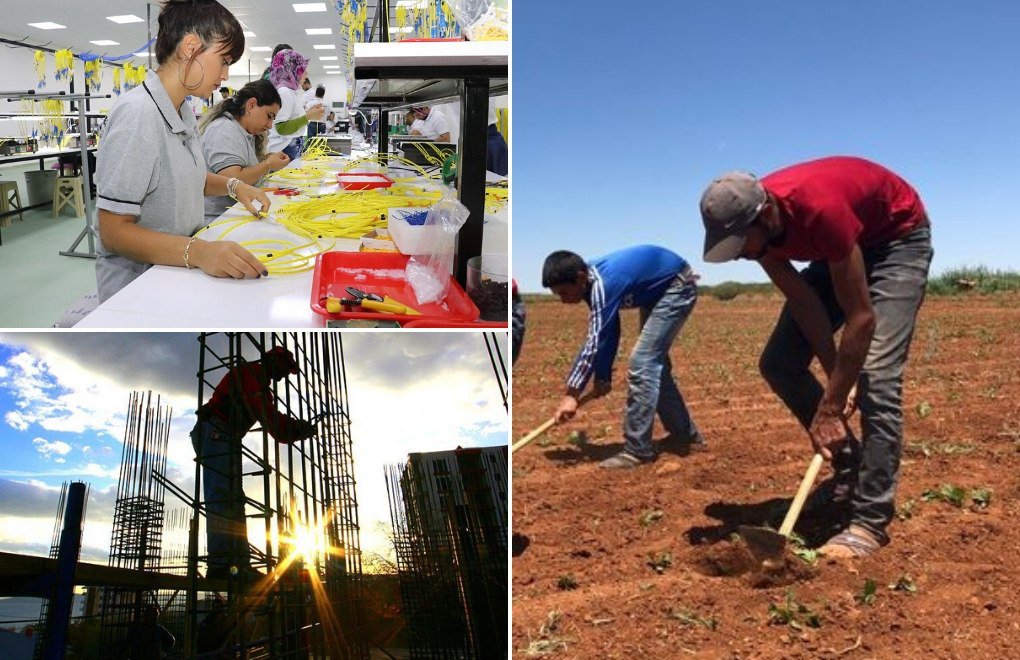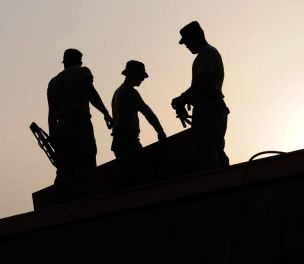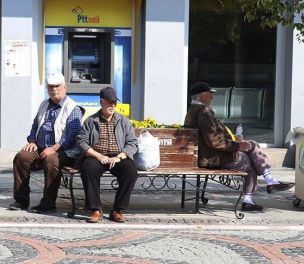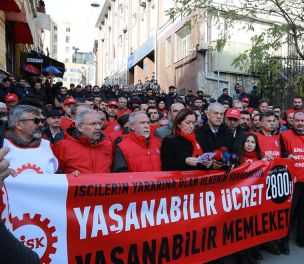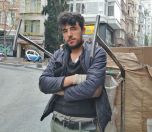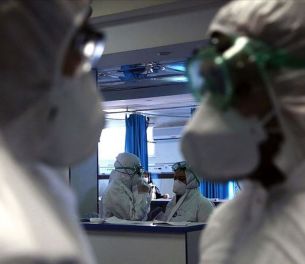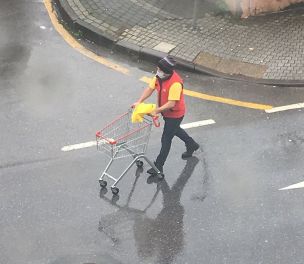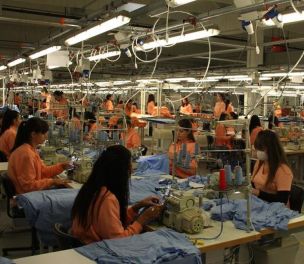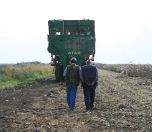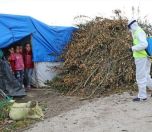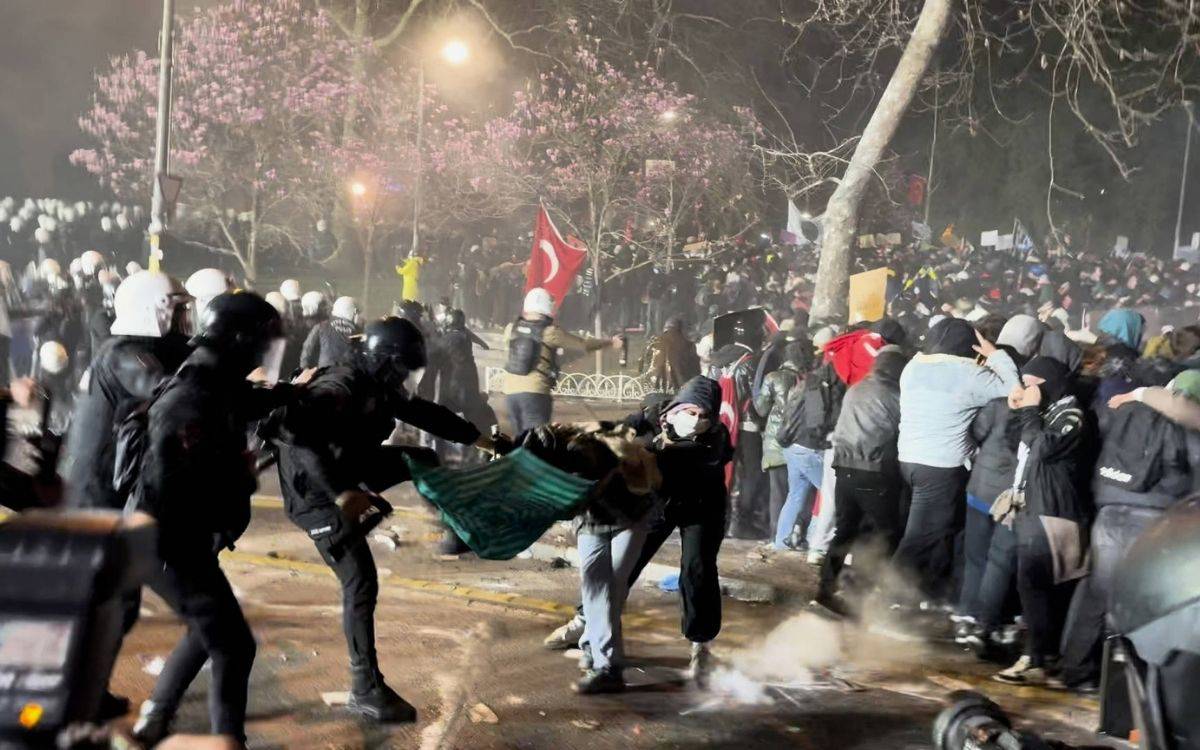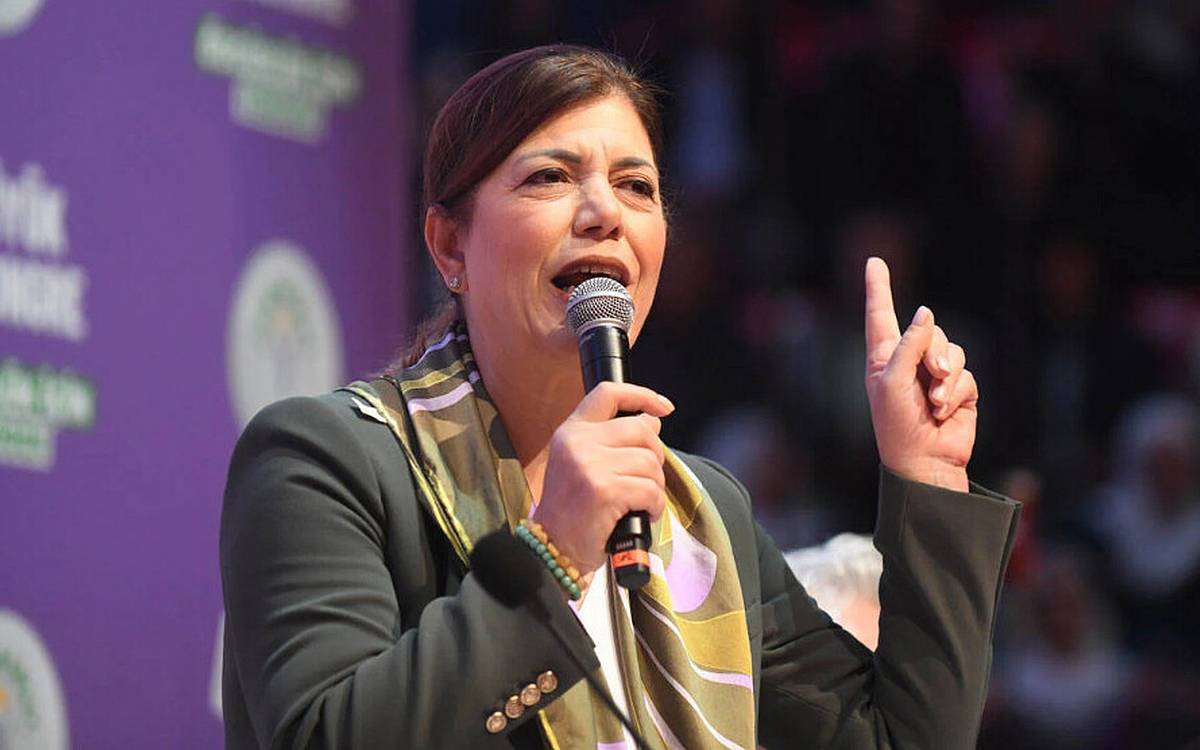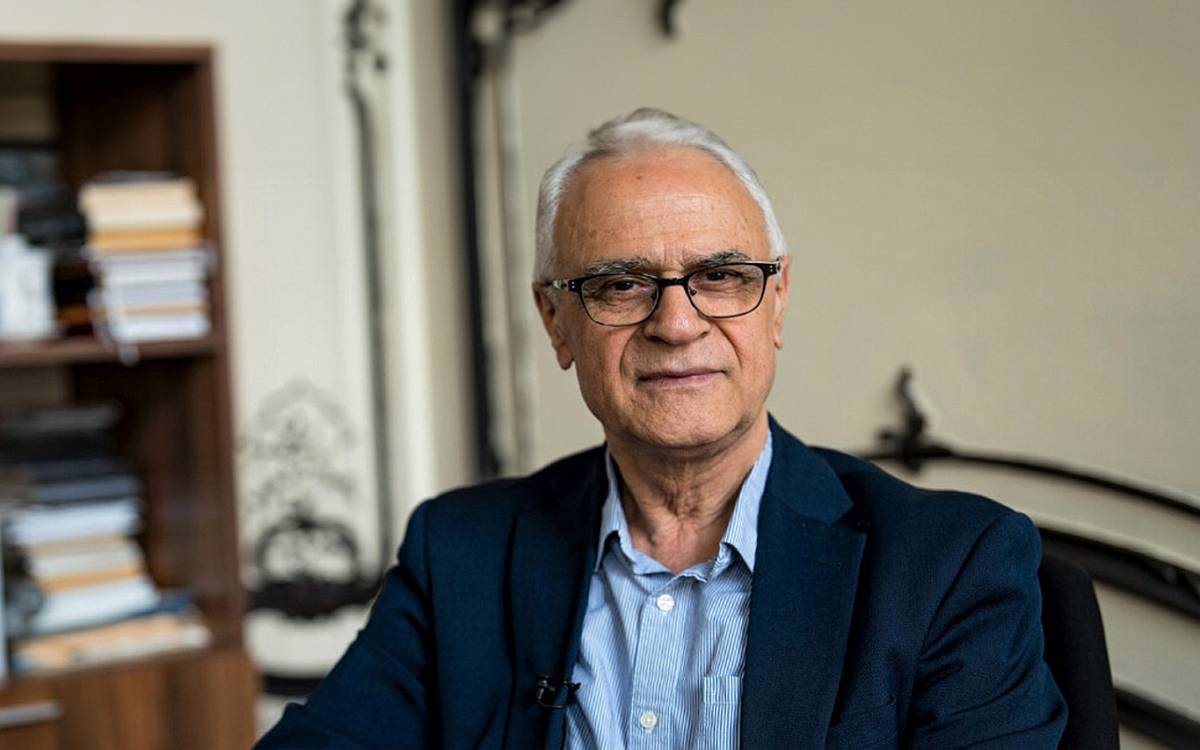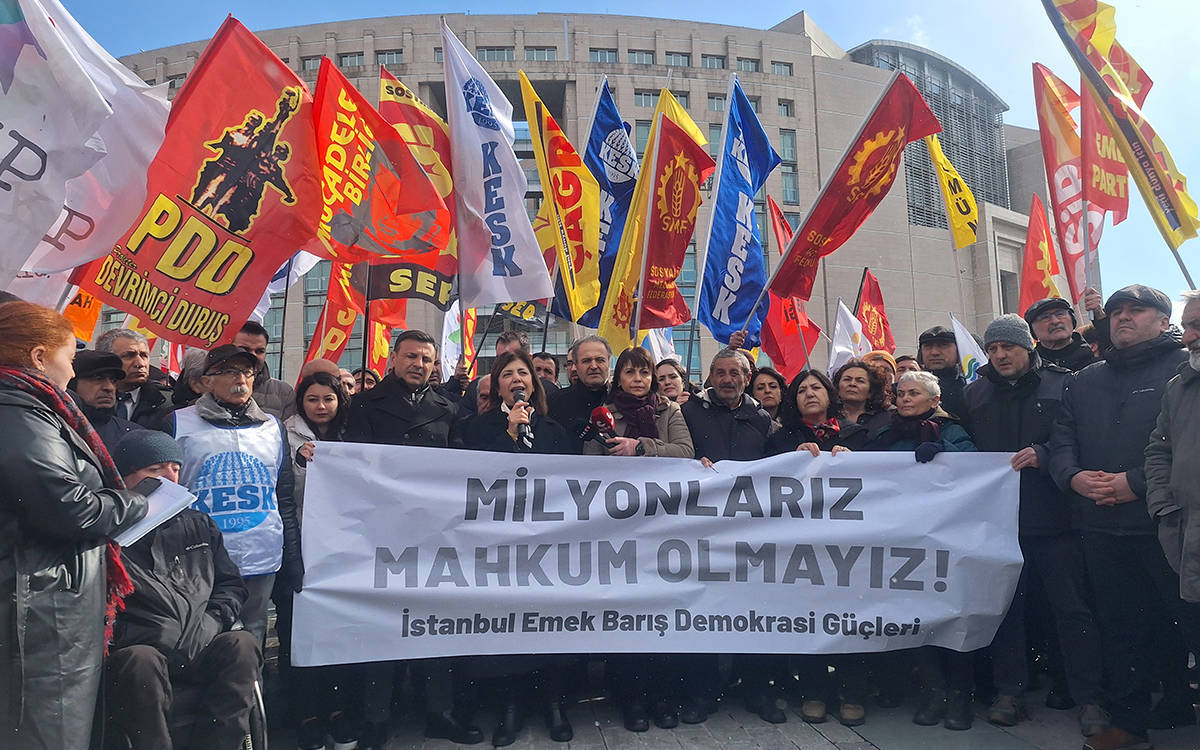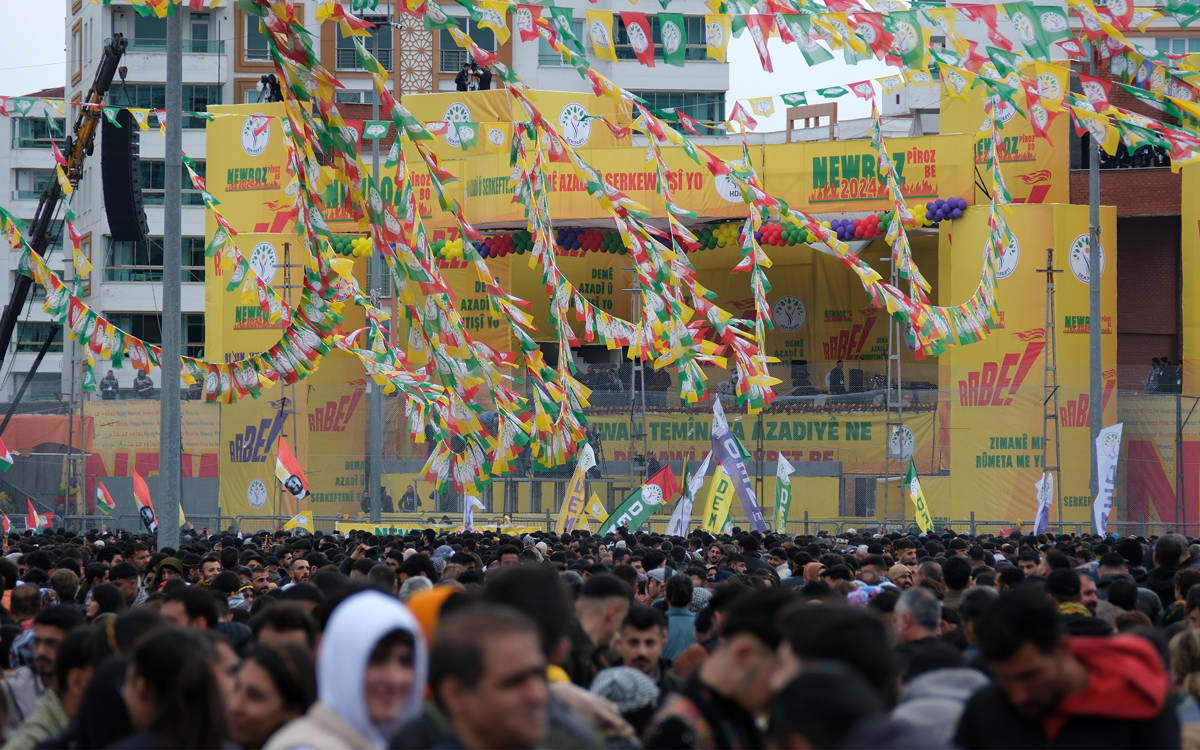Click to read the article in Turkish
President Recep Tayyip Erdoğan on Friday (April 3) announced that a curfew would be imposed for those younger than 20 years of age to curb the spread of Covid-19.
While economic measures were expected for employees younger than 20, the Ministry of Interior yesterday (April 5) issued a circular, exempting seasonal agricultural workers, private and public sector employees between the ages of 18 and 20 from the curfew.
The number of exempted employees is 811 thousand, according to the Confederation of Progressive Trade Unions of Turkey Research Center (DİSK-AR). Had these employees not worked for three months because of the curfew, the government would have to pay 5.5 billion lira (~814 million US dollars), assuming all were minimum-wage employees.
In other words, 811 thousand young employees mostly working in construction, service, textile and agriculture sectors will have to go out because the government does not pay their salaries.
'Death rate of young people from coronavirus is very high in Turkey'
"Youth mortality rate in Turkey is nine times higher than in the world and four times higher than in Europe. Besides, 80 percent of young people are carriers, they don't show symptoms or have a mild illness. They are unaware of it but make people around them, their families sick," said Sinan Adıyaman, the chair of the Turkish Medical Association (TTB).
"Moreover, the number of employees younger than 20 years of age is very high and most of these work in sectors such as construction or textile. Work in all sectors except for health, communication, food and transportation must be stopped immediately.
"The state should pay the private sector for these people and people shouldn't be forced to choose between starvation and the disease. Social mobility should be restricted, life should be slowed down and strict isolation should be ensured. If we don't do these, we can't prevent the virus from being transmitted.
"It does not make sense to ban a group from going out, then say, 'But employees can go out.' This is not a precaution. Our suggestion is that decisions of the Science Committee [of the Ministry of Health] should be completely conveyed to the people. In fact, the Science Committee should announce its decisions and all precautions should be implemented. The political authority should stay outside of it."
"This is discrimination and opportunism"
"Workers, employees must be protected by some divine power, there can be no other explanation for this decision," said Özgür Karabulut, the chair of Dev Yapı İş construction workers' union.
"The Health Minister says that the mobility of the young population is a problem. A decision is taken that those who are under 20 years of age don't go out and one day later, it is said, 'Those who work can go out.' This means, 'Workers, you die, we protect the capital.' This is called total discrimination and opportunism," he said.
Saying that it is already difficult to meet hygiene conditions in construction yards in "normal" times, Karabulut noted, workers should not be forced to choose between unemployment and the virus and the curfew should be applied fairly. All work that is not vital should be halted and the salaries of workers should be paid by the government, he added.
"It is not possible to maintain social distance"
Veysel Arslan, the İstanbul European side representative of the DERİTEKS textile workers union, said that there are many children and young people between the ages of 15 and 20 are working in the sector and maintaining social distance during the work is not possible.
"We were pleased with the curfew decision and thought it was good," he said, adding that respiratory diseases such as silicosis and asthma are already very common among textile workers due to denim sandblasting, being exposed to cloth dust and using chemical substances.
"While we were expecting that all of the workers in this sector to be supported economically, we face discriminatory practices," he said.
"People are called to 'stay at home' everywhere, but workers are not cared about. People are very affected by this situation. They say, 'Who are we? Are we not people of this country? Why can't we stay at home? They are psychologically collapsed because they are worried about bringing the disease to their homes."
"Those who don't work already stay at home"
Revolutionary Tourism Workers' Union Ankara Branch Chair Aziz Işık said, "Those who don't work in this age group already stay at home. There is a risk for those who work, but they are told to work. The circular makes no sense."
He said that there many young people doing delivery jobs and working at hospital cafeterias were not provided with gloves and masks. "They are always in contact with nurses, doctors and the patient, but their health is neglected and ignored."
"It is worse for seasonal agricultural workers"
Kansu Yıldırım from the Health and Safety Labour Watch (İSİG) said lives of more than 800 thousand people were at risk due to the "extreme need for labor" and for "the wheels of production to spin."
Noting that there were 300 or 400 thousand Syrian agricultural workers, Yıldırım said that seasonal agricultural workers, in addition to class discrimination, were also subjected to nationalist reflexes and xenophobia and were vulnerable to infectious diseases due to intensive work, unhealthy nutrition and shelter conditions. (RT/VK)





